Race and Ethnicity: White - Starting with C
Chamberlin, Henry Howard “Hank”
 Hank Chamberlin
Hank Chamberlin
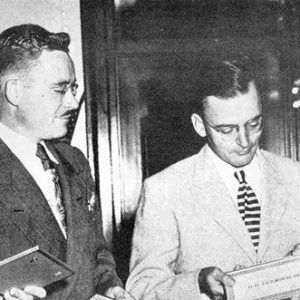 Hank Chamberlin
Hank Chamberlin
Chambers, Erle Rutherford
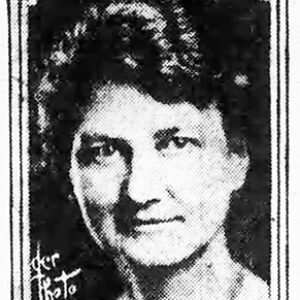 Erle Rutherford Chambers
Erle Rutherford Chambers
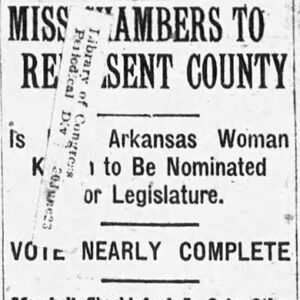 Erle Rutherford Chambers
Erle Rutherford Chambers
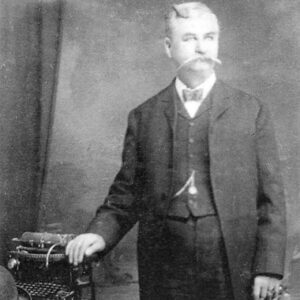 William Champion
William Champion
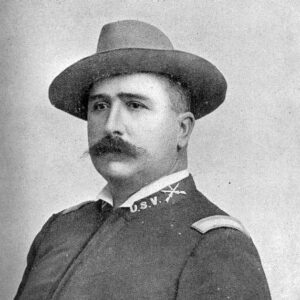 Elias Chandler
Elias Chandler
Chandler, Florence Clyde
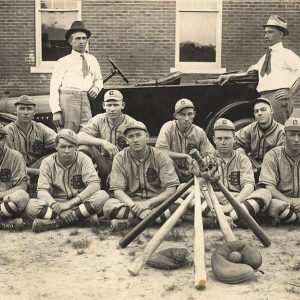 Charleston Baseball Team
Charleston Baseball Team
 Charlie Chaffin
Charlie Chaffin
 Chasing Amy
Chasing Amy
 The Checkmates
The Checkmates
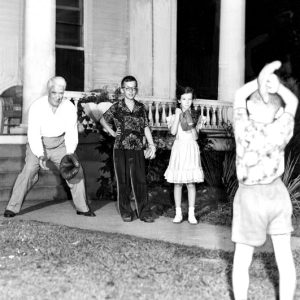 Francis Cherry and family
Francis Cherry and family
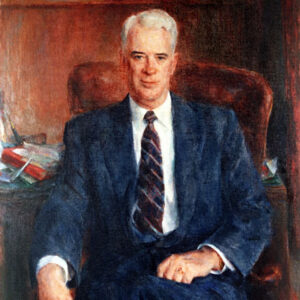 Francis Cherry
Francis Cherry
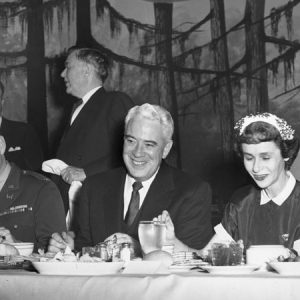 Francis Cherry
Francis Cherry
 Cherry Ribbon
Cherry Ribbon
 Cherry at Capitol
Cherry at Capitol
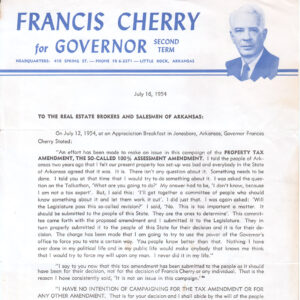 Cherry Campaign Letter
Cherry Campaign Letter
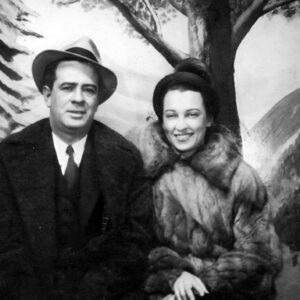 Francis and Margaret Cherry
Francis and Margaret Cherry
Cherry, Francis Adams
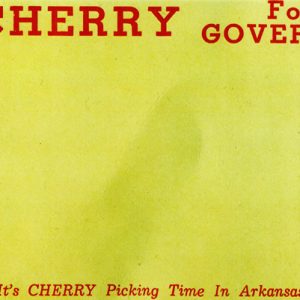 Francis Cherry Campaign Postcard
Francis Cherry Campaign Postcard
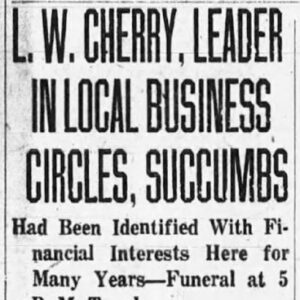 Lewis W. Cherry Article
Lewis W. Cherry Article
Cherry, Lewis Williamson
 Chessmen
Chessmen
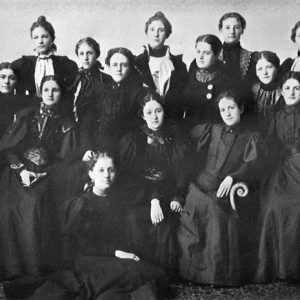 Chi Omega 1897
Chi Omega 1897
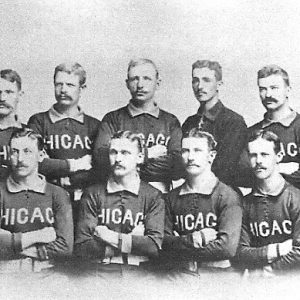 Chicago White Stockings
Chicago White Stockings
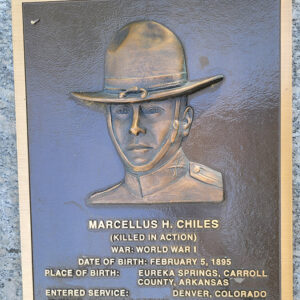 Marcellus H. Chiles Plaque
Marcellus H. Chiles Plaque
Chiles, Marcellus Holmes
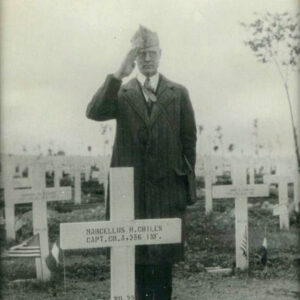 Captain Chiles Grave
Captain Chiles Grave
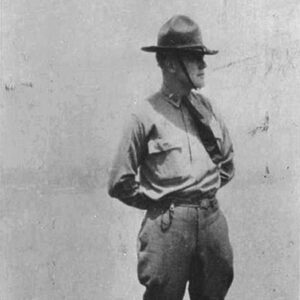 Marcellus Chiles
Marcellus Chiles
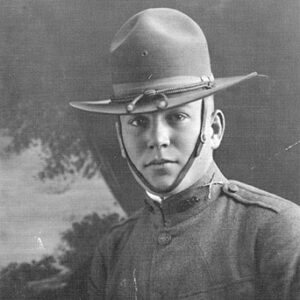 Marcellus Chiles
Marcellus Chiles
 Chism Wanted Poster
Chism Wanted Poster
Chism, Larry Porter
Chisum, John Greene
Chitwood, Oscar (Murder of)
Chowning, Ann
Chowning, Frank Edwin
Christensen, Les
aka: Leslie Ann Christensen
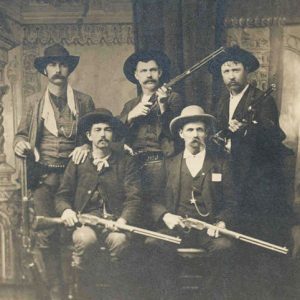 Ned Christie Posse
Ned Christie Posse
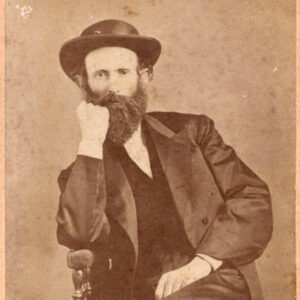 Robert James Christie
Robert James Christie
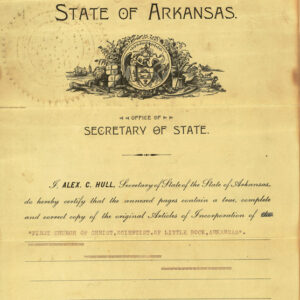 Church Articles of Incorporation
Church Articles of Incorporation
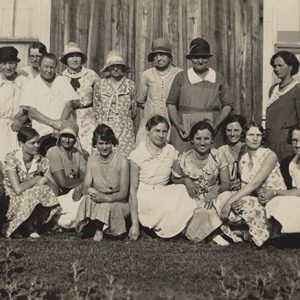 Church Ladies Aid Society
Church Ladies Aid Society
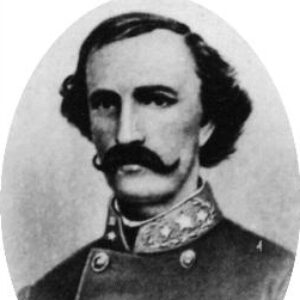 Thomas Churchill
Thomas Churchill
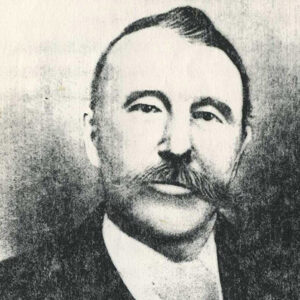 James Churchill
James Churchill
Churchill, Sylvester (Lynching of)
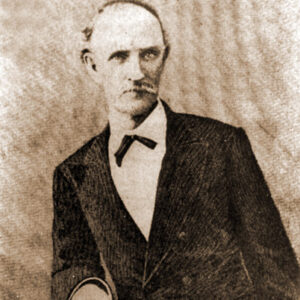 Thomas Churchill
Thomas Churchill




